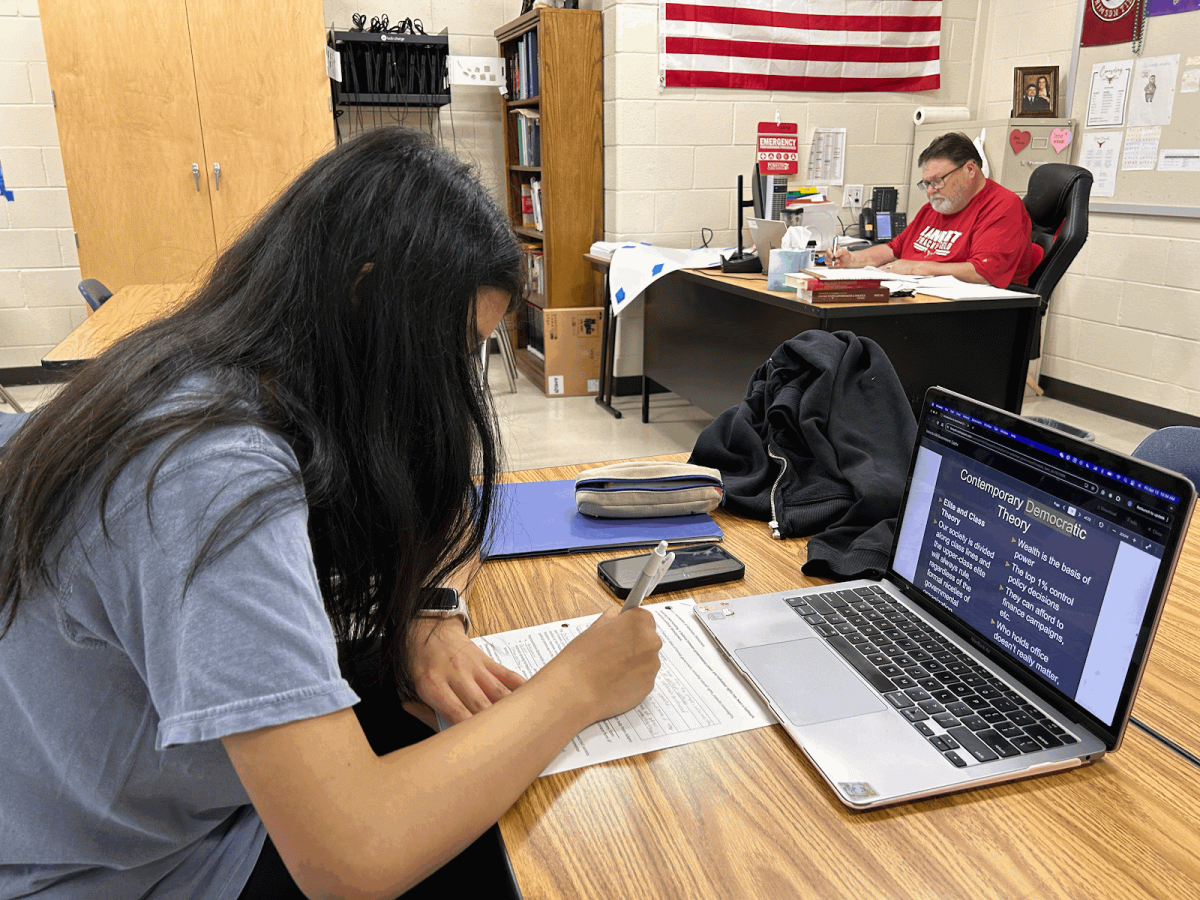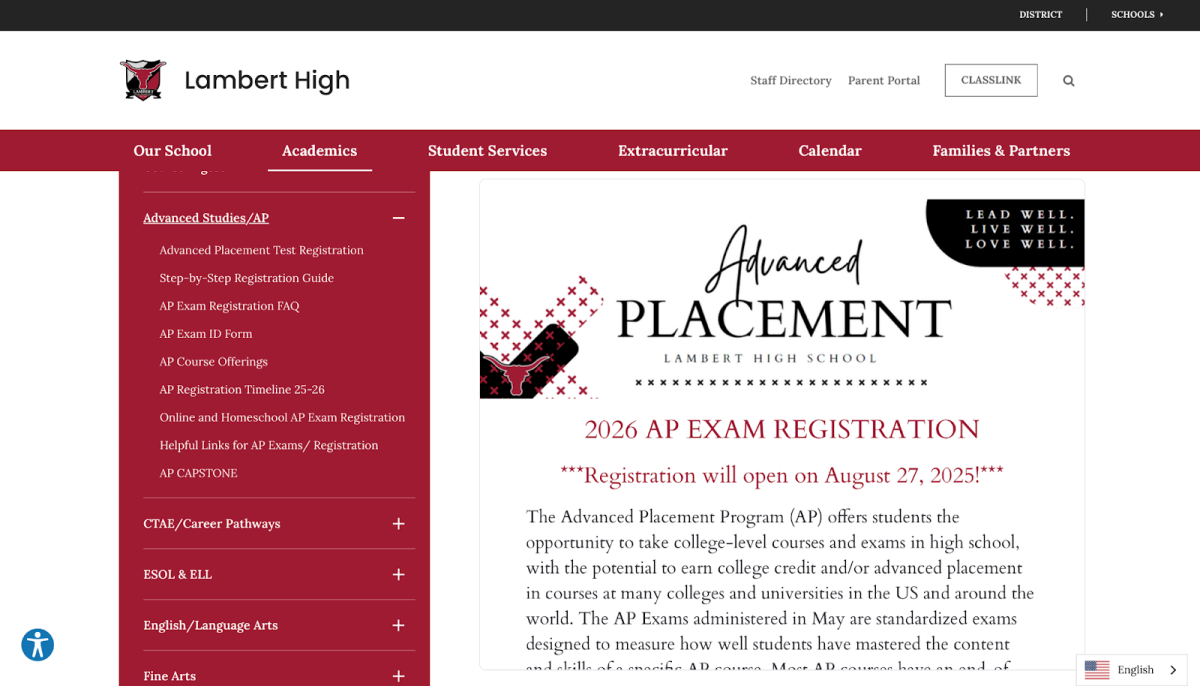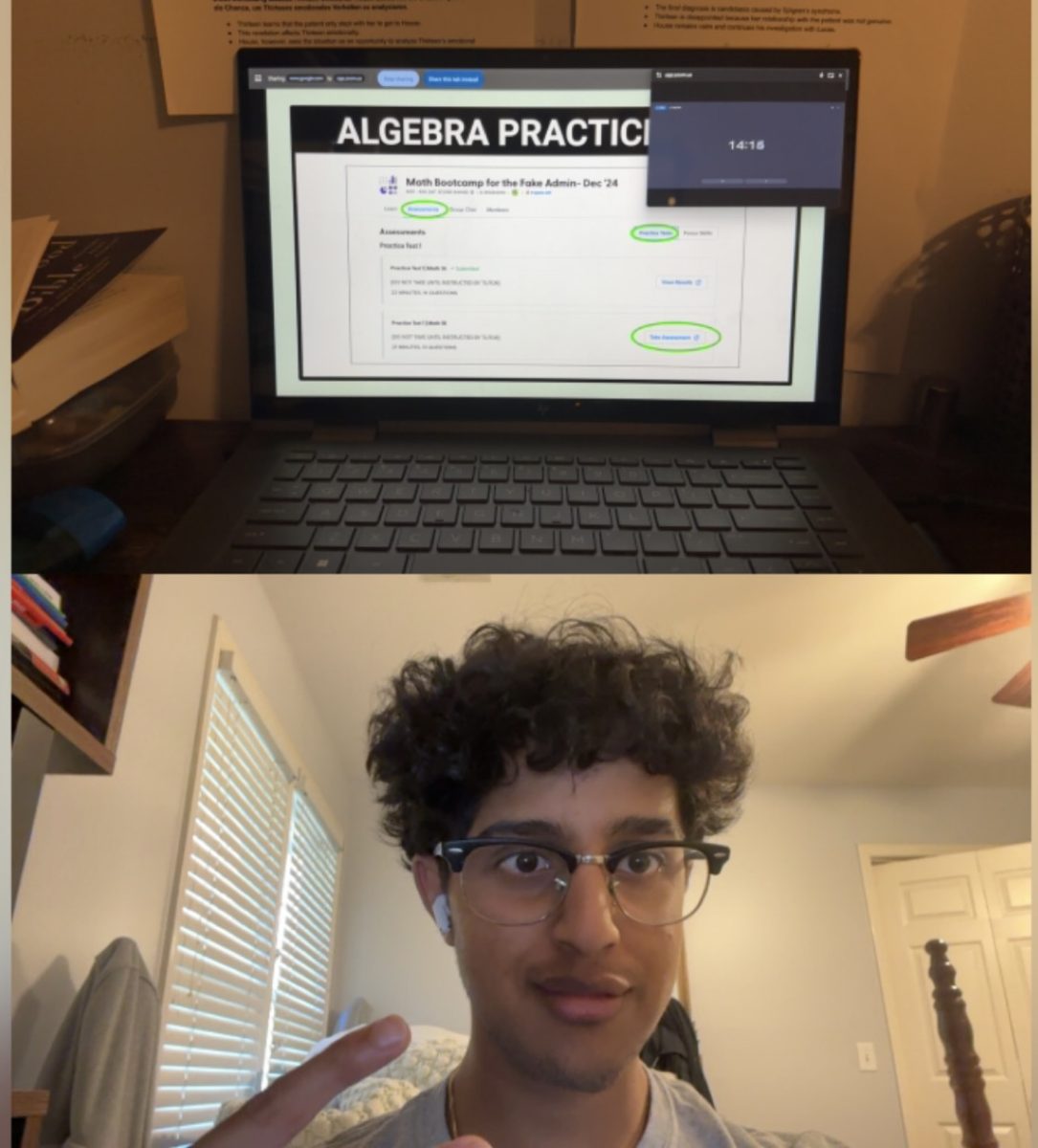For many students across the country, May is notorious for being known as the final stretch of the academic calendar. Between final exams, Advanced Placement (AP) tests, and the race to finish end-of-year assignments, this time of the year can be overwhelming for high schoolers as they prepare to secure their end-of-year grades. Here are three tips to help students successfully navigate this hectic time.
- Create a Study Schedule
Most students don’t have just one class or exam they need to prepare for. In Forsyth County, for instance, the majority of underclassmen juggle rigorous schedules of up to seven courses. While students can be exempt from finals if they have an A in the course, having multiple exams to prepare for can be extremely stressful, especially considering that most exams cover an entire school year’s worth of content.
Creating a detailed study schedule that outlines what material you will review each day can be a helpful strategy for tackling this workload. Prioritizing the topics that are the most challenging for you personally will help ensure you devote the necessary time to mastering the content.
“Making a study schedule helps me stay organized and helps me plan out which classes I should prioritize depending on when my tests are,” Senior Emily Baek said. “I feel like this is the most efficient way for me when it comes to planning.”
- Minimize Distractions
Minimizing distractions while studying can greatly benefit students as they prepare for final exams. In a 2023 survey conducted by CBE—Life Sciences Education, distractions were voted the most prominent study obstacle among students.
Some effective ways to minimize distractions include silencing notifications, turning off devices, and finding a quiet place to study. By creating a distraction-free environment, students can better focus on the content they’re reviewing, which helps them retain and recall information when it’s time to test their knowledge.
- Take Breaks
While it may be tempting to study for hours leading up to exams, taking regular breaks is essential to avoid burnout and maintain optimal mental health. Studying without breaks can result in fatigue, reduced concentration, and heightened stress levels – all of which can undermine a student’s testing performance.
Instead, students should incorporate frequent breaks into their study sessions to relax and recharge. This could involve grabbing a snack, a short workout or even just having a change of environment. Prioritizing self-care during this demanding period can help students focus better in the long run.
“Whenever I need to take a break from studying I like stretching for five to ten minutes and moving my body a bit,” Baek explained. “I feel that I can study again with renewed energy and my mind feels fresher.”
As students prepare for their end-of-year assessments, these three tips can help ensure they are successful in their academic endeavors.















